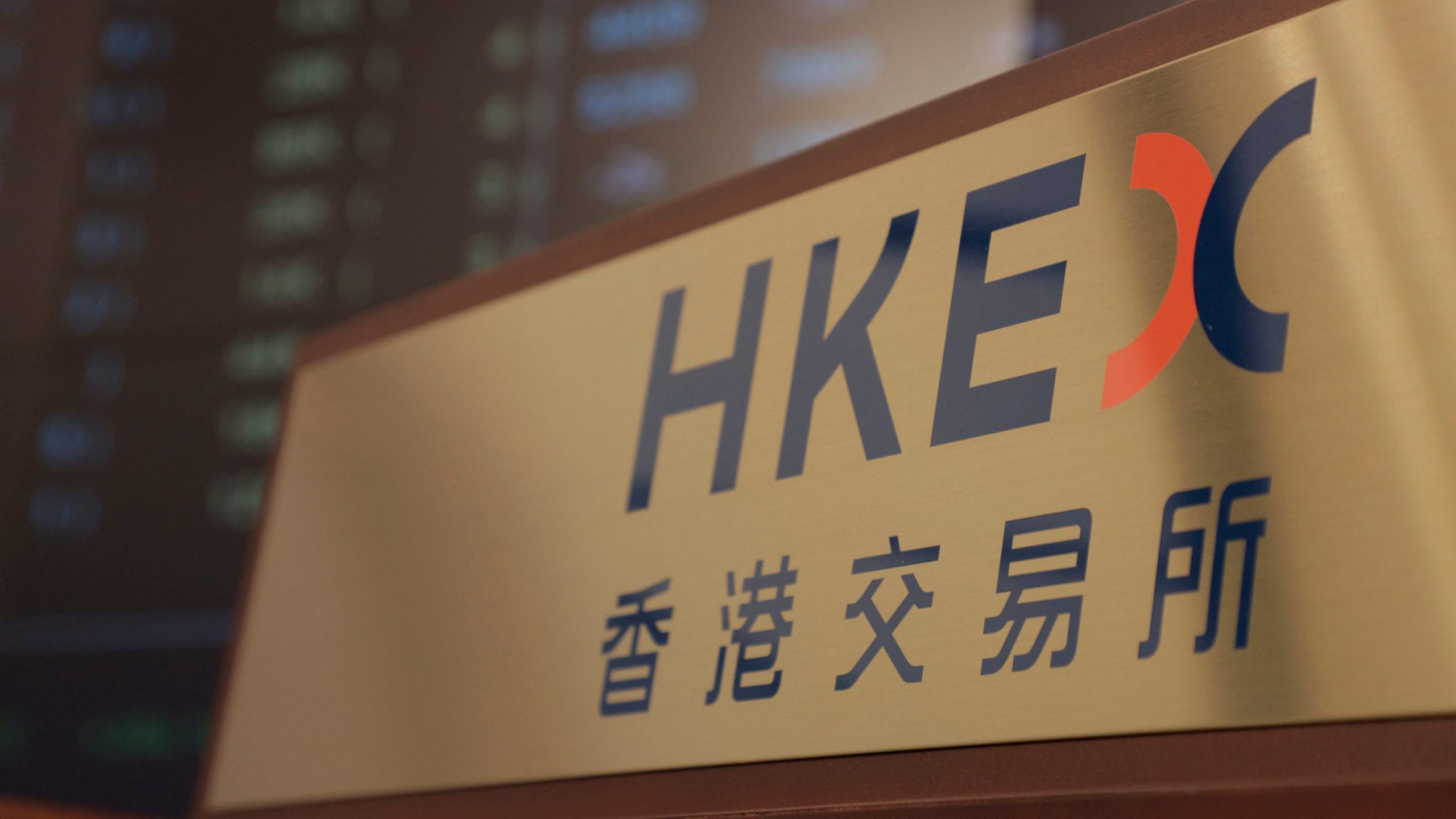
Signboard at the Hong Kong Exchange (AP Images)
Two years in, Hong Kong’s biotech experiment has been validated
Biotech Voices is a collection of exclusive opinion editorials from some of the leading voices in biopharma on the biggest industry questions today.
On April 30th, the two-year anniversary passed of the Stock Exchange of Hong Kong’s (HKEX) implementation of its new biotech chapter. As we reflect …
Sign up to read this article for free.
Get free access to a limited number of articles, plus choose newsletters to get straight to your inbox.